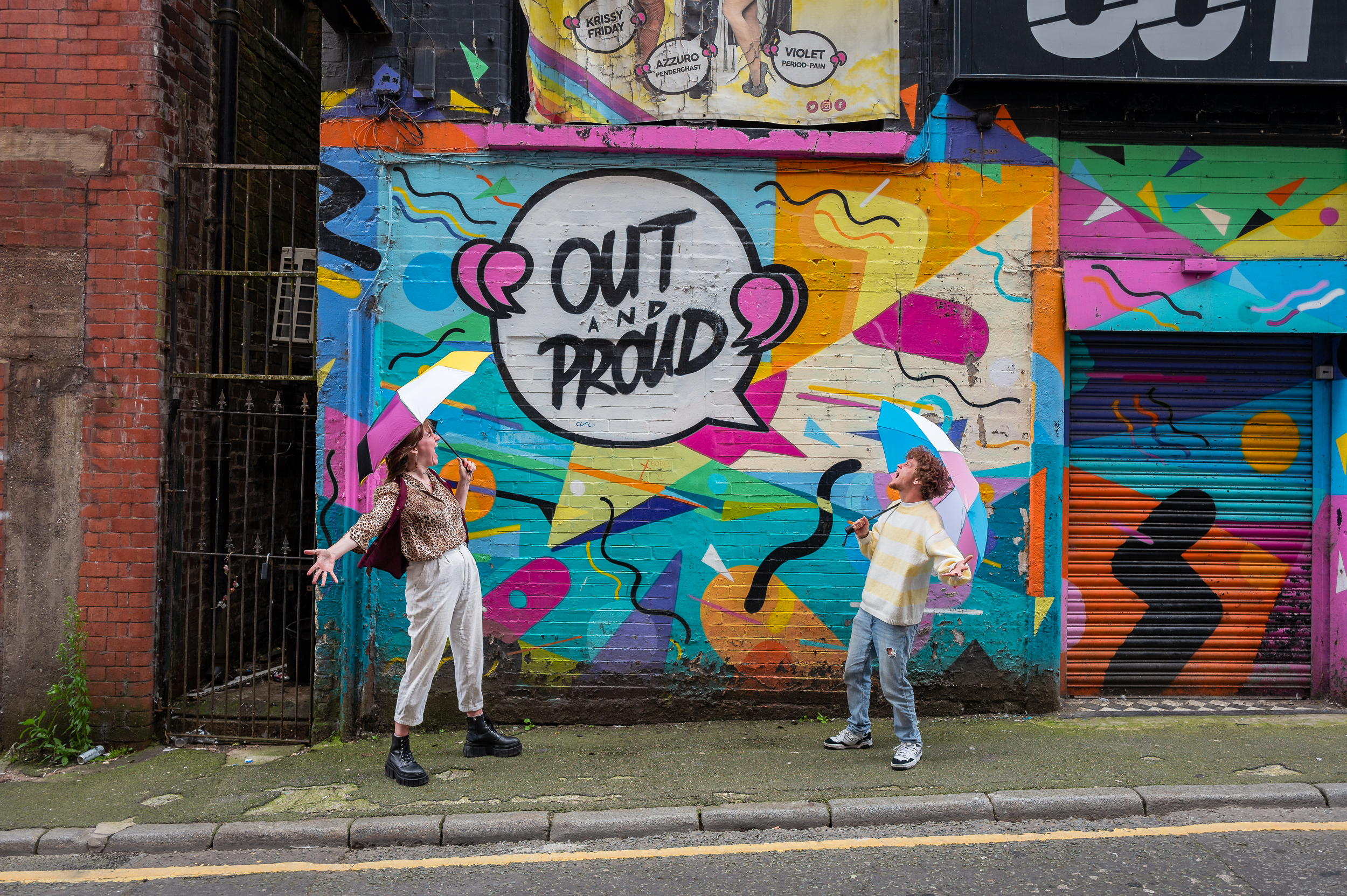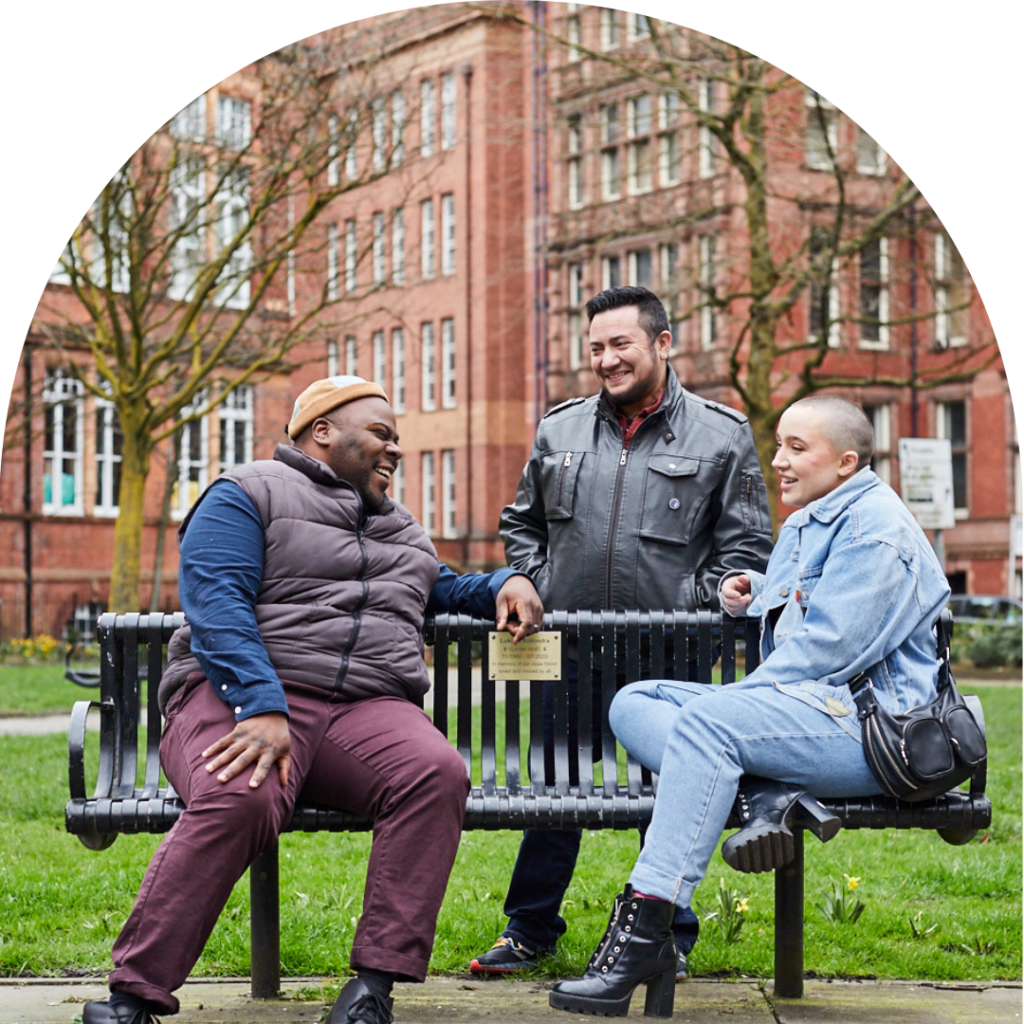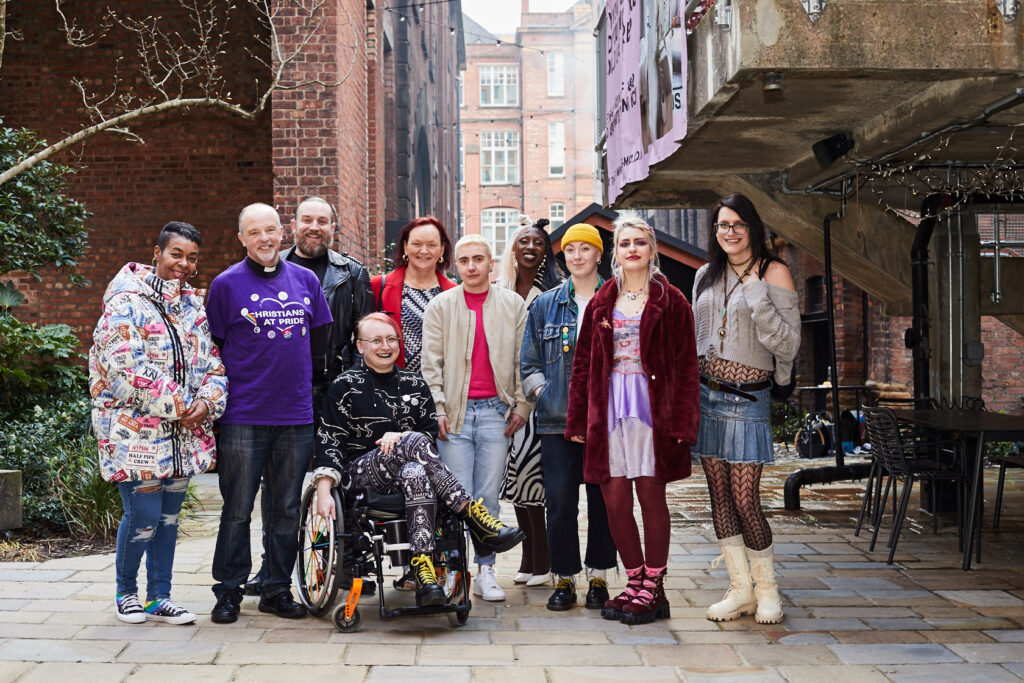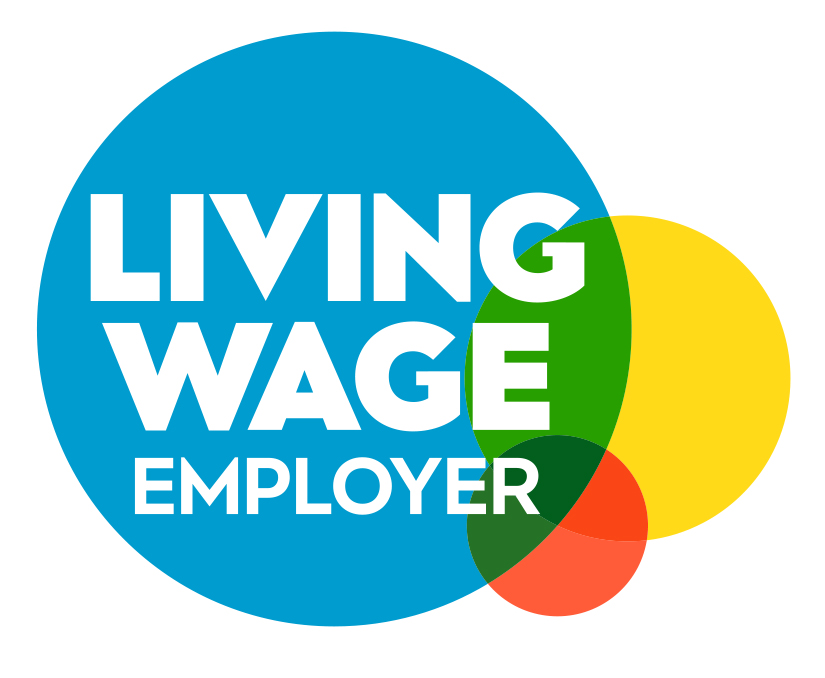
COMING OUT IS DIFFERENT FOR EVERYONE, THERE ARE MANY THINGS TO CONSIDER.
Our friendly, non-judgemental helpline is here to help you on your journey to queer hope and joy.

Some of the most difficult and important decisions in life for lesbian, gay, bi and trans people relate to coming out.
Coming out is different for everyone, there are many questions to think about. How will it affect your future? Your family? Your friends? Your work? You never know how other people are going to react but the most important person to come out to first is yourself.
Being honest about who you are and not feeling the need to hide behind a secret identity is to many people a huge weight lifted off their shoulders. It becomes easier to meet other people with similar feelings and over time can have a positive effect on all aspects of your life, when you are happier and feel that you can be accepted for who you really are.
Making the decision to come out as a lesbian, gay, bi or trans person can make us think about our own personal journeys and how we can help and inform others to take the first steps to acknowledging such an important part of our lives.
Once you have come out to one person the process does not end there, throughout your life you will find yourself in situations and around people where you feel the need or desire to disclose your sexual orientation or trans status.


Ultimately there is no right or wrong way to come out, do it the way you want to and the way you feel comfortable. The most important thing to remember is that you are not alone. There are lesbian, gay, bisexual and trans support organisations across the world who are there to offer a helping hand, a friendly ear, and who have vast experience of helping people just like you.
The prospect of coming out can be a scary one for many, and it’s important to remember that nobody can dictate your coming out apart from yourself.
GET SOME HELP FROM US
Coming out can have a big impact on you, and we are here to ensure that you have the support you need. Call us on 0345 3 30 30 30.








